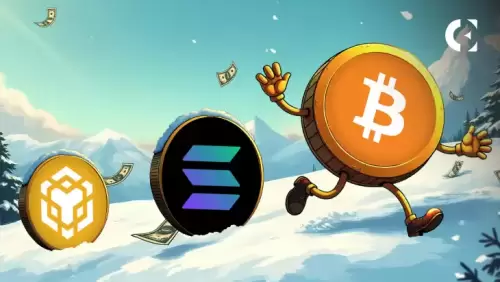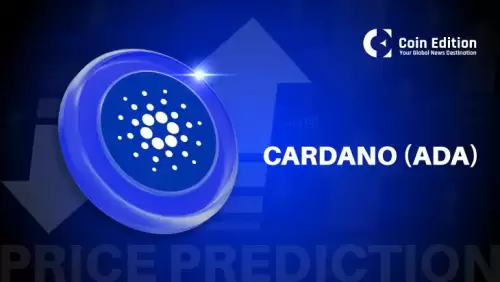JPMorgan is making waves with its JPMD deposit token, signaling a shift in how institutions approach crypto payments and challenging the dominance of stablecoins.

JPMorgan's Crypto Play: Deposit Tokens and the Future of Payments
JPMorgan is stepping into the crypto arena with its JPMD deposit token, a move that could reshape institutional crypto payments. This initiative challenges the stablecoin status quo and offers a glimpse into the future of finance (JPMorgan, crypto payments, deposit token).
What's the Buzz About JPMD?
JPMorgan's JPMD isn't just another stablecoin. It's a tokenized claim on existing bank deposits, fully compliant with traditional banking regulations. According to American Banker, this means no new reserves or third-party trust structures are needed. Think of it as making your deposit balances programmable within JPMorgan's existing commercial client system.
Deposit Tokens vs. Stablecoins: What's the Difference?
While both deposit tokens and stablecoins aim to streamline payments, they have key differences. Aaron McPherson at AFM Consulting notes that deposit tokens represent commercial bank deposits, offering advantages like deposit insurance. However, this also ties them more closely to the bank, which some businesses might find limiting. JPMD is designed for institutional clients, providing certainty in financial and accounting treatment.
JPMorgan's Vision for Institutional Crypto
Naveen Mallela from JPMorgan's Kinexys Digital Payments believes deposit tokens offer a compelling alternative to stablecoins for institutional clients. JPMD integrates with JPMorgan's traditional banking systems, reducing liquidity silos. This move highlights how banks are entering the digital asset space with compliance and safeguards baked in, even before stablecoin legislation is finalized.
A Broader Trend: Banks Embracing Crypto
JPMorgan isn't alone. Citigroup has developed its own digital token service, and other banks are exploring similar solutions. This trend signals a potential shift where banks compete with stablecoins by offering their own deposit tokens, leveraging their existing infrastructure and regulatory compliance.
The Future is Hybrid
James Wester at Javelin Strategy & Research suggests that stablecoins and deposit tokens will likely coexist, serving different needs. Stablecoins might remain popular for retail use cases, while deposit tokens cater to institutional clients seeking a more regulated and integrated solution.
What About the Little Guy?
While JPMorgan's focus is currently on institutional clients, the broader adoption of crypto payment solutions is also benefiting retail users. Coinbase is launching its Coinbase One Card, and Shopify is accepting USDC payments. Even Best Wallet is getting in on the action with the Best Card. It seems like the future where you can pay for your morning coffee with crypto is closer than we think!
So, while JPMorgan is busy revolutionizing institutional finance, remember that the world of crypto payments is constantly evolving, with opportunities for everyone. Keep an eye on these developments – it's gonna be a wild ride!
Disclaimer:info@kdj.com
The information provided is not trading advice. kdj.com does not assume any responsibility for any investments made based on the information provided in this article. Cryptocurrencies are highly volatile and it is highly recommended that you invest with caution after thorough research!
If you believe that the content used on this website infringes your copyright, please contact us immediately (info@kdj.com) and we will delete it promptly.














































































